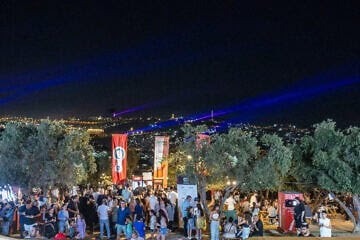Steve Rubin, director of Tourism in the Jerusalem Development Authority, tells JNS about the city’s summer campaign to attract visitors.
Steve Linde
(JNS)
According to Steve Rubin, director of Tourism in the Jerusalem Development Authority, Jerusalem is not only the capital and most populous city in Israel as well as being holy to Judaism, Christianity and Islam. As the current war passed the 21-month mark, Jerusalem is also starting to bounce back as “a world leader in tourism and most certainly as the epicenter of culture in Israel,” he said.
In an interview in the JNS Studio in Jerusalem on July 7, Rubin said, “Since October 7 [2023], Jerusalem has become probably the safest city to be in Israel,” adding with a smile, “This is actually the best time to come to Jerusalem.”
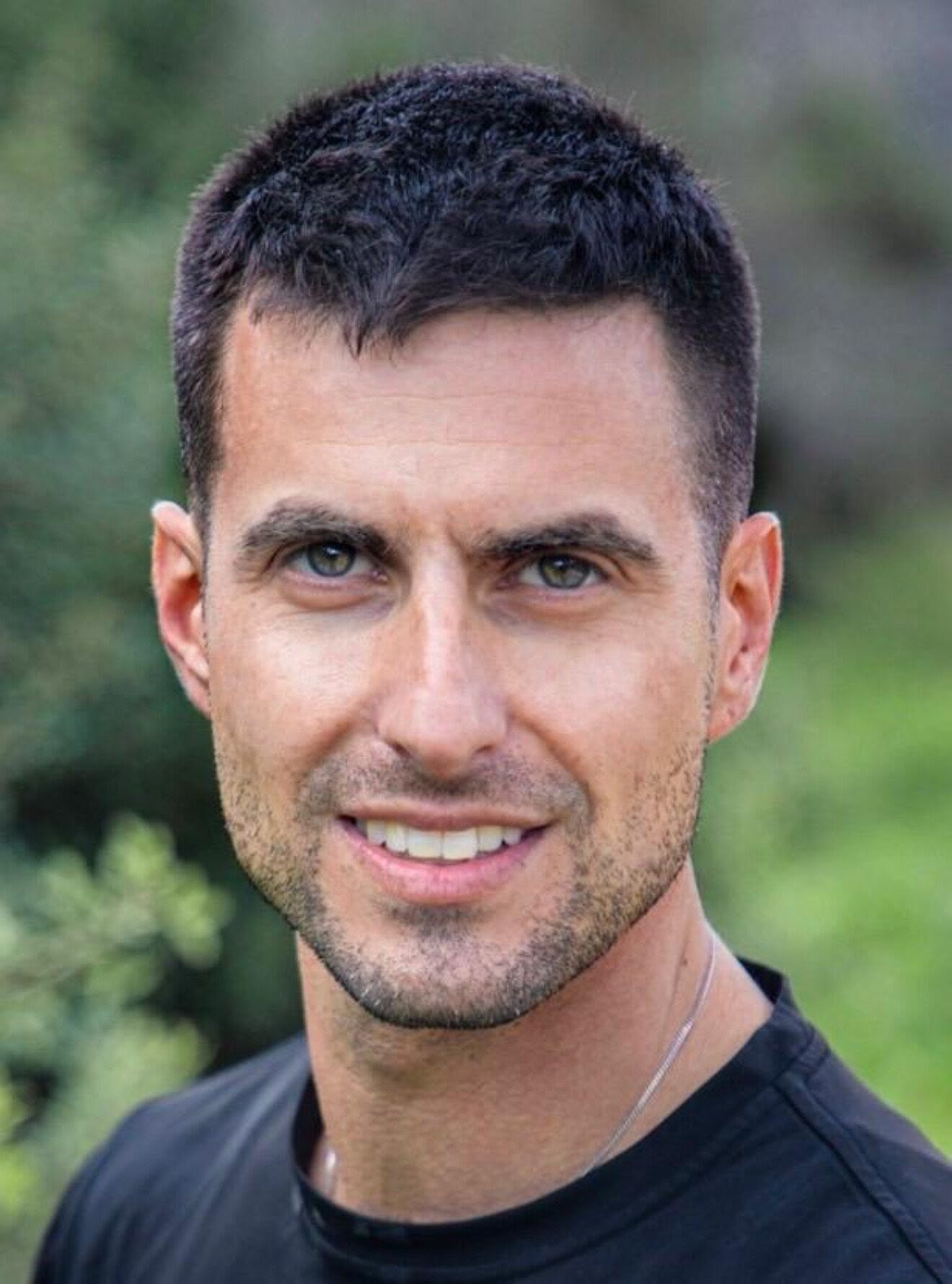
Rubin, an affable and articulate American immigrant, is responsible for overseeing and promoting Jerusalem’s development as an international tourism hub. Born in Philadelphia, he made aliyah and served as a lone soldier in the 2006 Second Lebanon War and has served five stints as an IDF reservist in the current war. He has a master’s in Diplomacy from Tel Aviv University and a BA in Journalism and Spanish from the University of Oregon.
Exuding faith in the future of Jerusalem and the Jewish state, he called this moment in history, “a time of optimism as we move into the summer and what we believe is really going to be a time for new beginnings.”
The Jerusalem Development Authority (JDA), he explained, “is a joint body of the Israeli government and the Jerusalem municipality responsible basically for all economic development in the city of Jerusalem,” adding that this covers everything from starting new businesses, hi-tech and biomed companies to urban renewal projects and tourism.”My job … is to worry about bringing up the economic side of tourism within the city.”
Promoting the city’s “great summer campaign” to attract visitors from Israel and abroad, he called a vacation in Jerusalem “very economical and cost-effective for people,” especially at a time when prices in cities such as Tel Aviv and Eilat were skyrocketing.
He quipped, “We’re actually handing out money for people to come into the city of Jerusalem. And obviously, when you hear that from Israelis, people get very skeptical sometimes. We’re passing out cash for you to come, with your significant other, your extended family, into the city and enjoy the hundreds of museums and attractions that we have here.”
Rubin elaborated on the city’s tourism incentive plan. “Basically, it’s very simple. You come for two nights in the middle of the week, so Sunday through Wednesday, book two nights at a range of hotels that we’ve been working with. And based on that, every person on your reservation will get 100 shekels on our behalf, okay, given to you as part of a digital wallet. So if you’re a family of five people, let’s say, and you stay for two nights during the summer in the middle of the week in Jerusalem, you would get 500 shekels to be used at any dozens of different attractions and museums, cultural institutions within the city.”
Among the highlights of this campaign, he touted the Jerusalem Food Festival and Light Show on the Armon Hanatziv Promenade (also known as the Haas Promenade or the Tayelet), which features a series of local restaurants’ food trucks and a laser show. It runs until July 24.
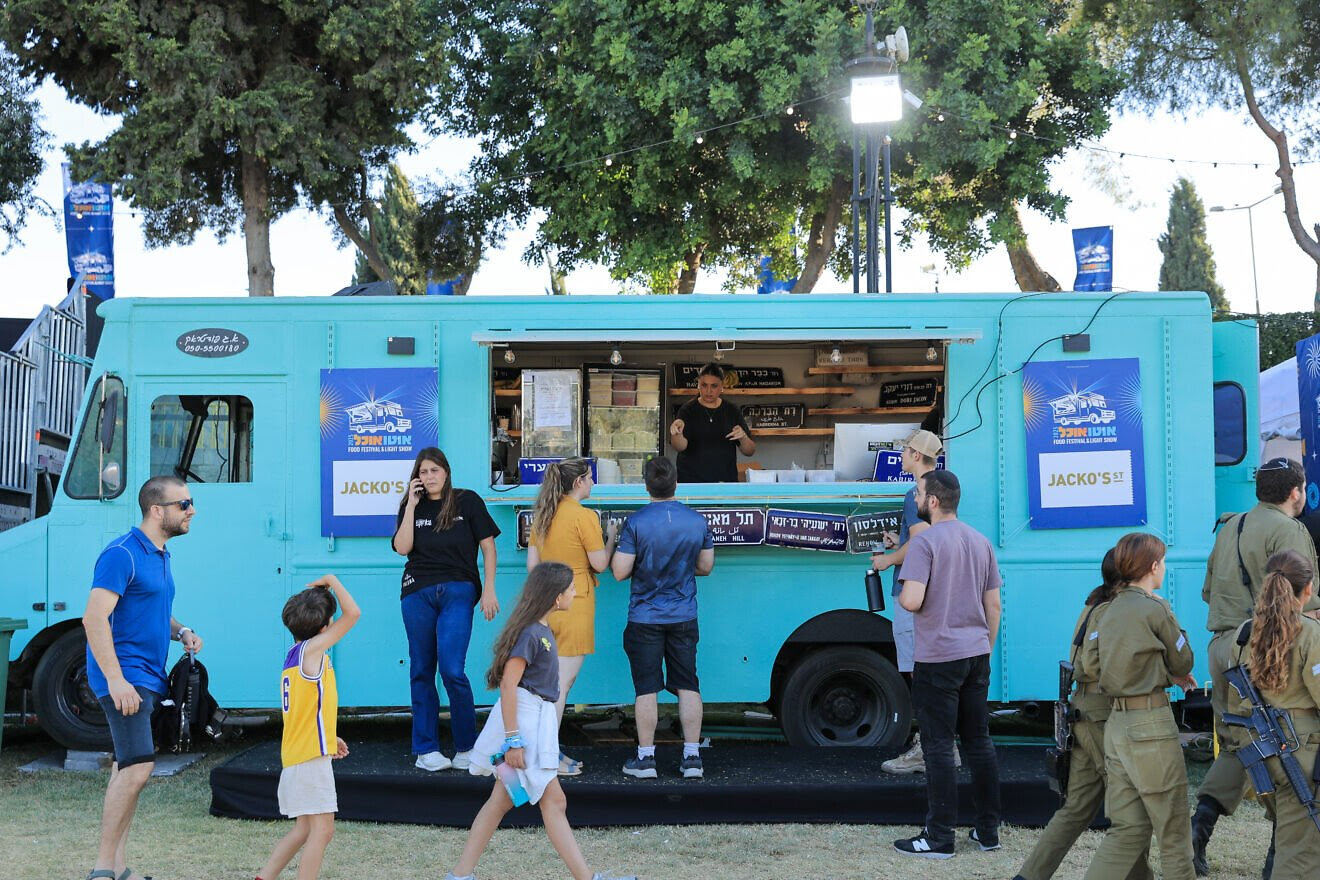
“This has been a big hit over the years,” Rubin said. “Just on Thursday, it attracted almost 10,000 people in a place that has a capacity of only 7,000 on the promenade over at Armon Hanatziv. I would look at it as a festival of different food trucks. You have live music out there and a massive bar. You’re getting top chefs in Jerusalem who are coming and cooking at really affordable prices. We’re talking anywhere between 25 to 45 shekels for a meal.”
The Jerusalem chefs are hosting other chefs from all over Israel, he pointed out. “Not only are we helping chefs here in the city during these difficult times, but we’re also getting other chefs to come in and to promote themselves as well,” he said. “So it’s not just Jerusalem, but we’re spreading the light out into the rest of Israel as well.”
This, he said, was the basis of his “cautious optimism” about the revival in tourism to Jerusalem. “Just to see this kind of large gatherings one day after the other in the city of Jerusalem is really, really wonderful for us.” Among the other summer events coming up in Jerusalem in July, Rubin listed the following main attractions:
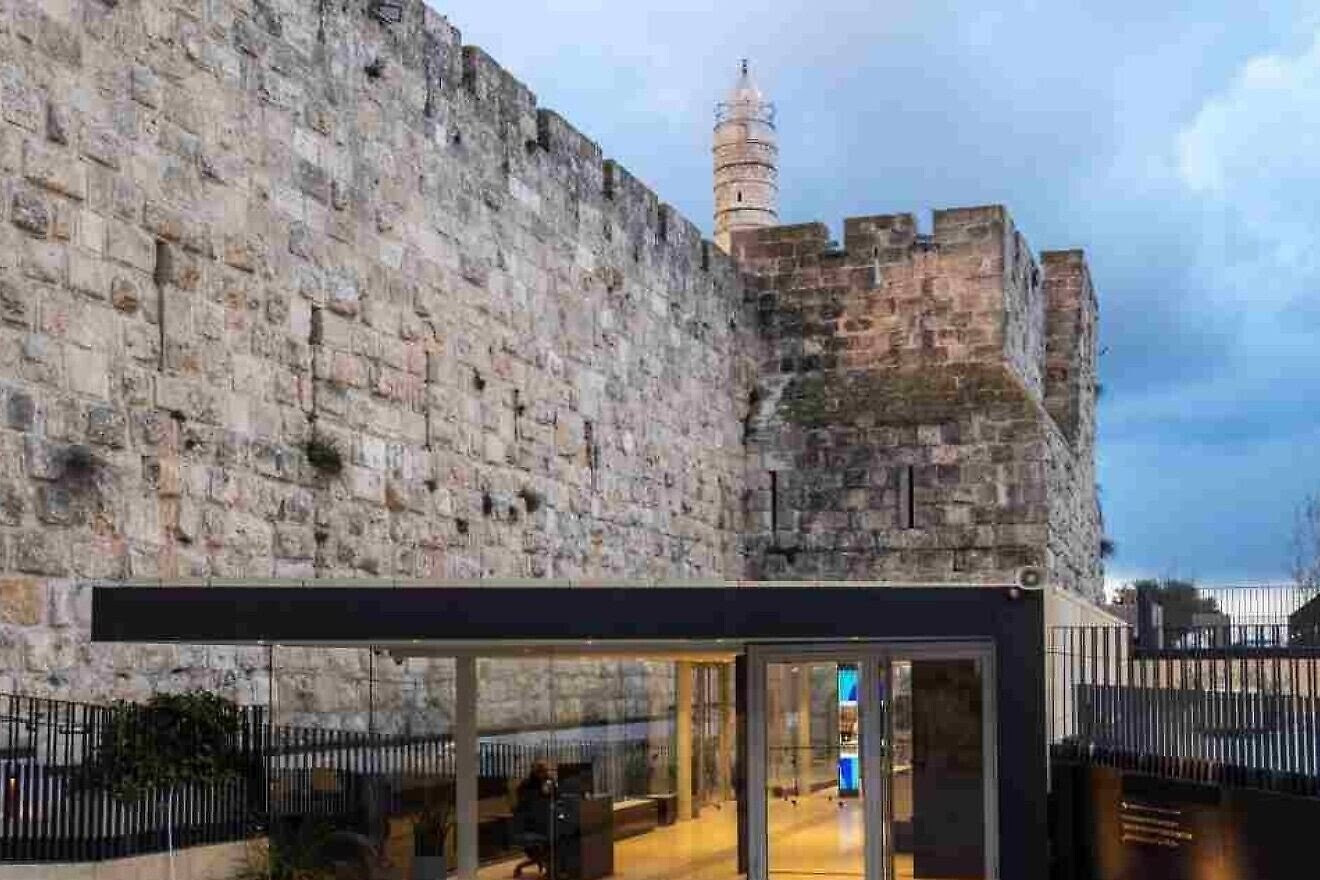
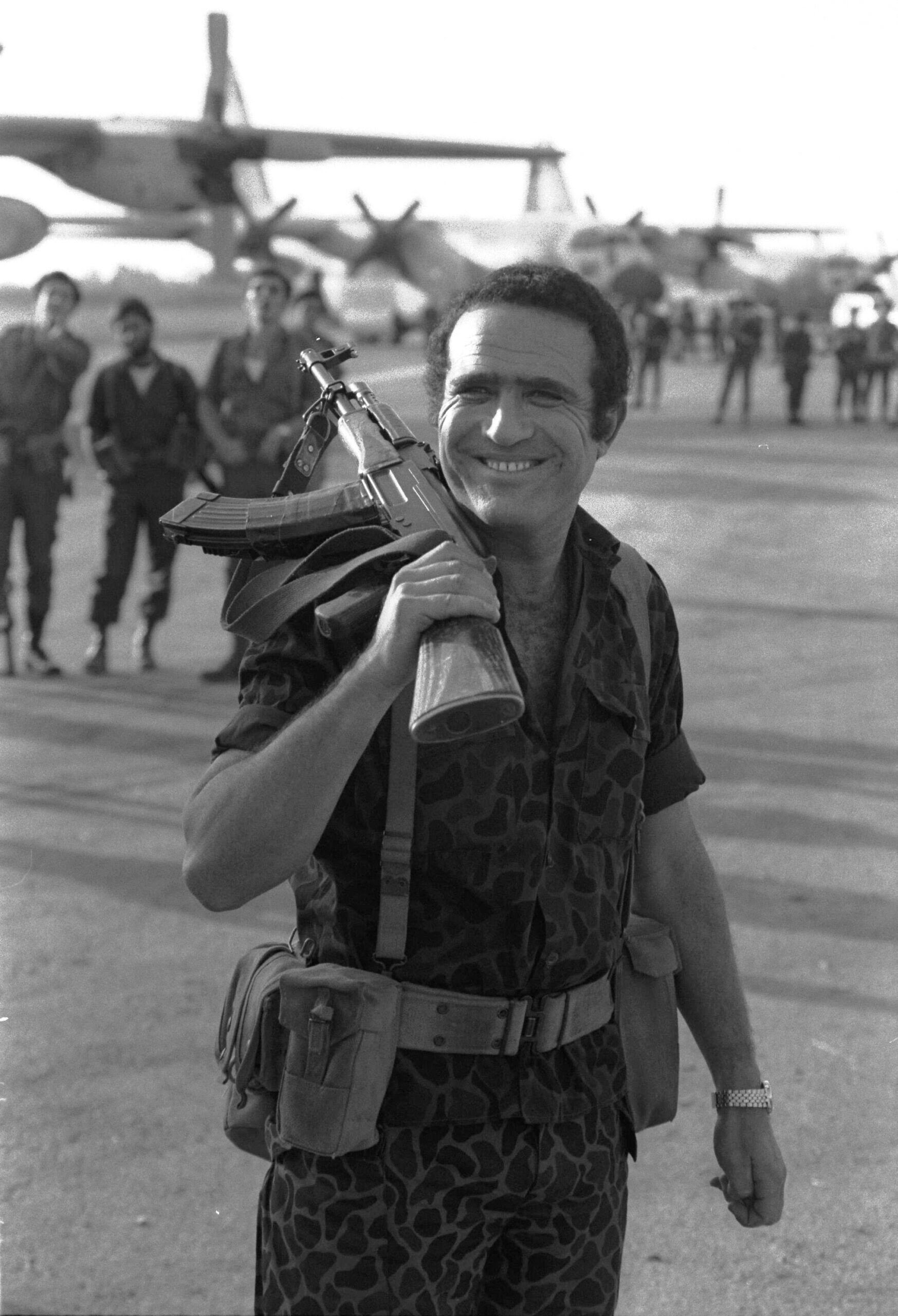
• A celebration of famed Israeli singer/actor Yehoram Gaon at the Tower of David, honoring the 85-year-old Jerusalemite for his contribution to the Jewish state and the city of Jerusalem. In a storied career on stage and film, Gaon starred in a range of high-profile roles, including the heroic role of Yonatan Netanyahu, Prime Minister Benjamin Netanyahu’s older brother, in the 1977 film, “Mivtza Yonatan” (“Operation Thunderbolt”), which tells the dramatic story of the 1976 Entebbe rescue operation which he led and which claimed his life.
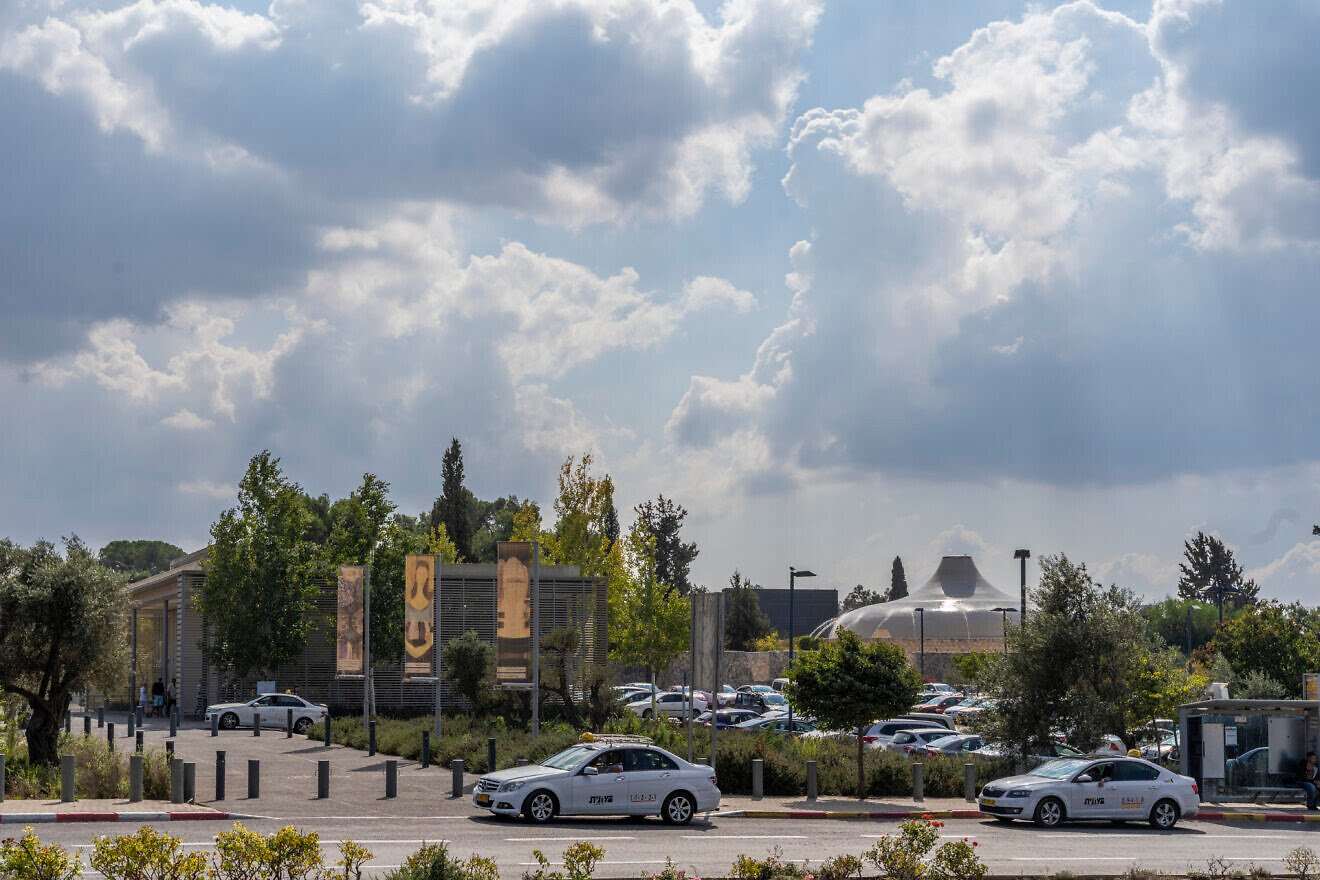
• The 60th anniversary celebrations of the Israel Museum, the largest cultural institution in Israel, featuring what Rubin termed “special exhibitions dedicated to the 60 years of this incredible institution.”
• The Jerusalem Film Festival, which Rubin said the city almost canceled during the Israel-Iran War, is now back on track. It starts on July 17 and features more than 200 films from 50 countries. “You don’t even have to necessarily go to a specific spot, because there’s going to be big trucks with big screens going through the city to the different neighborhoods where you can catch it at your convenience. And if you happen to be in the city, we have regular screenings with pizza and drinks on the lawn at the Cinematheque.”
Rubin remarked that the balmy weather at this time of the year in Jerusalem “is perfect for outdoor events.” And, he noted, “That’s why I’d say we’re being a bit optimistic, just because we have these events going on. They didn’t need to be canceled. They’re going on as scheduled and we’re hoping that that’s what will give us the boost as we move toward the High Holy Days and eventually into the winter season.”
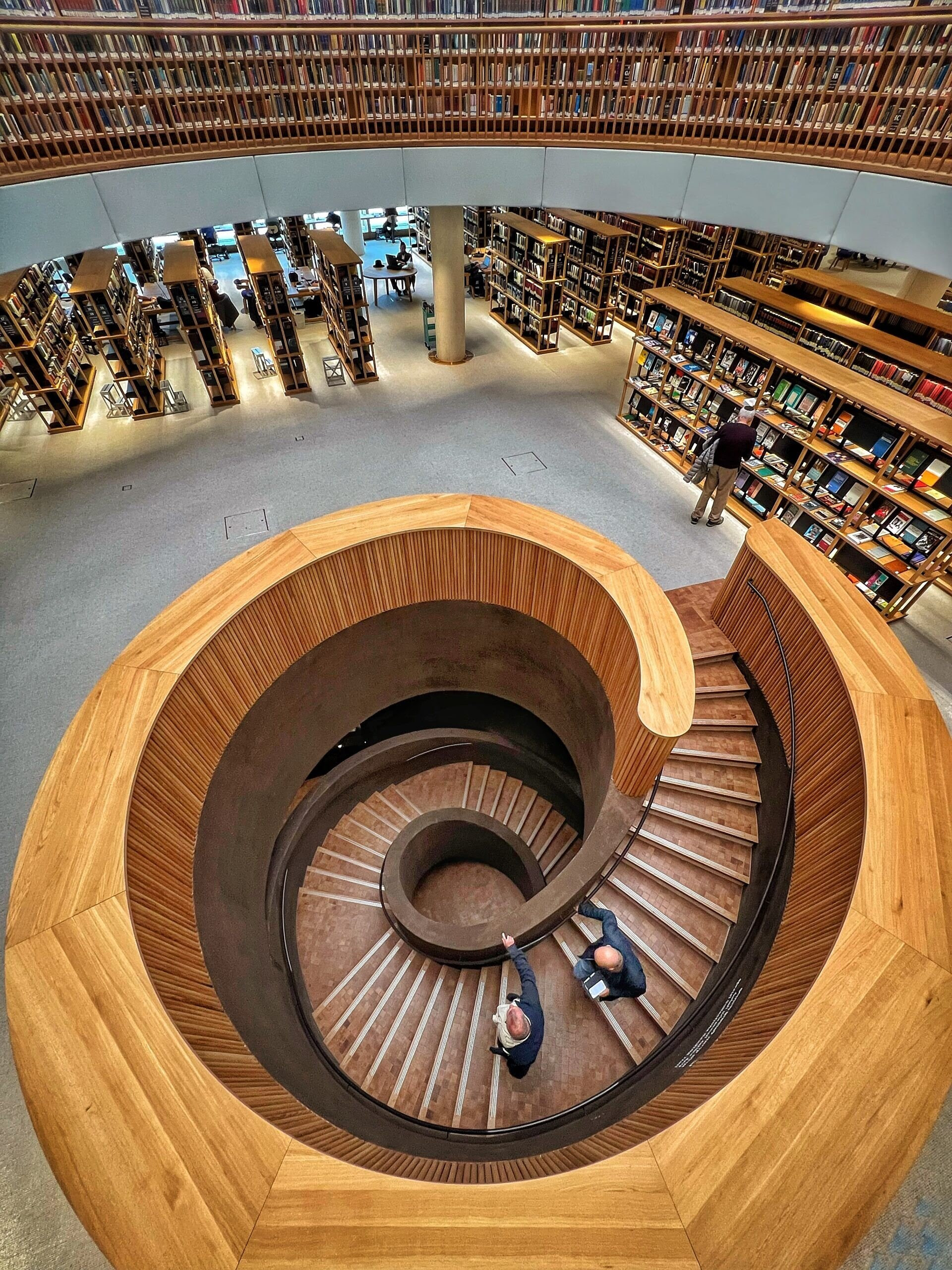
Another huge tourist attraction in Jerusalem, he said, was the new National Library of Israel, “which seems to be everyone’s first stop.” Among the many events at the NLI are cultural performances and tours of its unique architecture and world-class facilities.
“The architecture is remarkable, one of a kind, the way it plays between darkness and light, modernity and antiquity coming together in Jerusalem. And they have some really wonderful tours. You have more than four million books, right? And you can see how they reach those books. There are these really cool robots that go through these endless rows where the books are and can bring you the book that you need.”
In addition, Rubin said, the library showcases exhibitions of original manuscripts from the original writings of Maimonides and the first Zionist newspapers to the original lines of “Jerusalem of Gold” written by the legendary Jerusalem singer, Naomi Shemer.
Asked if he envisioned Jerusalem returning to the days of record tourism before COVID-19 and the Swords of Iron War (In 2019, Jerusalem was named the world’s fastest-growing tourist destination with almost five million visitors), Rubin said, “Unfortunately, I don’t think this is going to be a situation like Corona, where the whole world was shut down and people were craving just to get out and go anywhere. We’re going to have to do a lot to get people to come back here to build that trust again. But naturally, I do believe that Jerusalem is a prime destination in the world.”
Expressing optimism that Israel’s capital is on the road to a full recovery, he said, “I think things will recover quicker than we expect. But I wouldn’t say that tomorrow, immediately when flights open up on all the foreign carriers, that people are going to be here. We’re hoping that already by wintertime, maybe Passover of 2026 and of course, summer a year from now, that we’ll start to feel and see the Jerusalem that we’re all used to.”
Rubin concluded with an eloquent appeal for Israelis and foreigners, Diaspora Jews and Christian pilgrims, to visit the city. “There’s no place like Jerusalem in the world and it’s not a cliché. And no matter how many times you come back to the city, there’s always some other stone to uncover. Even for us who work in the business, and we’ve been doing it for years, there’s always something new to see in Jerusalem, always something that your eyes haven’t looked at, whether you look up or down, whether you go on the walls of the ancient city and the rooftops or you go underground. There’s always something new to discover in Jerusalem.”
He added, “My message is that Jerusalem is always the place where you’re going to come back. We are waiting for everyone to come back, and we know that you’ll be here soon.”
For those interested in more details on all the attractions in Jerusalem, Rubin recommended the city’s website, www.itraveljerusalem.com.
Image: A view of the Jerusalem Food Festival & Light Show, July 2025. Photo by Dor Pazuelo.
